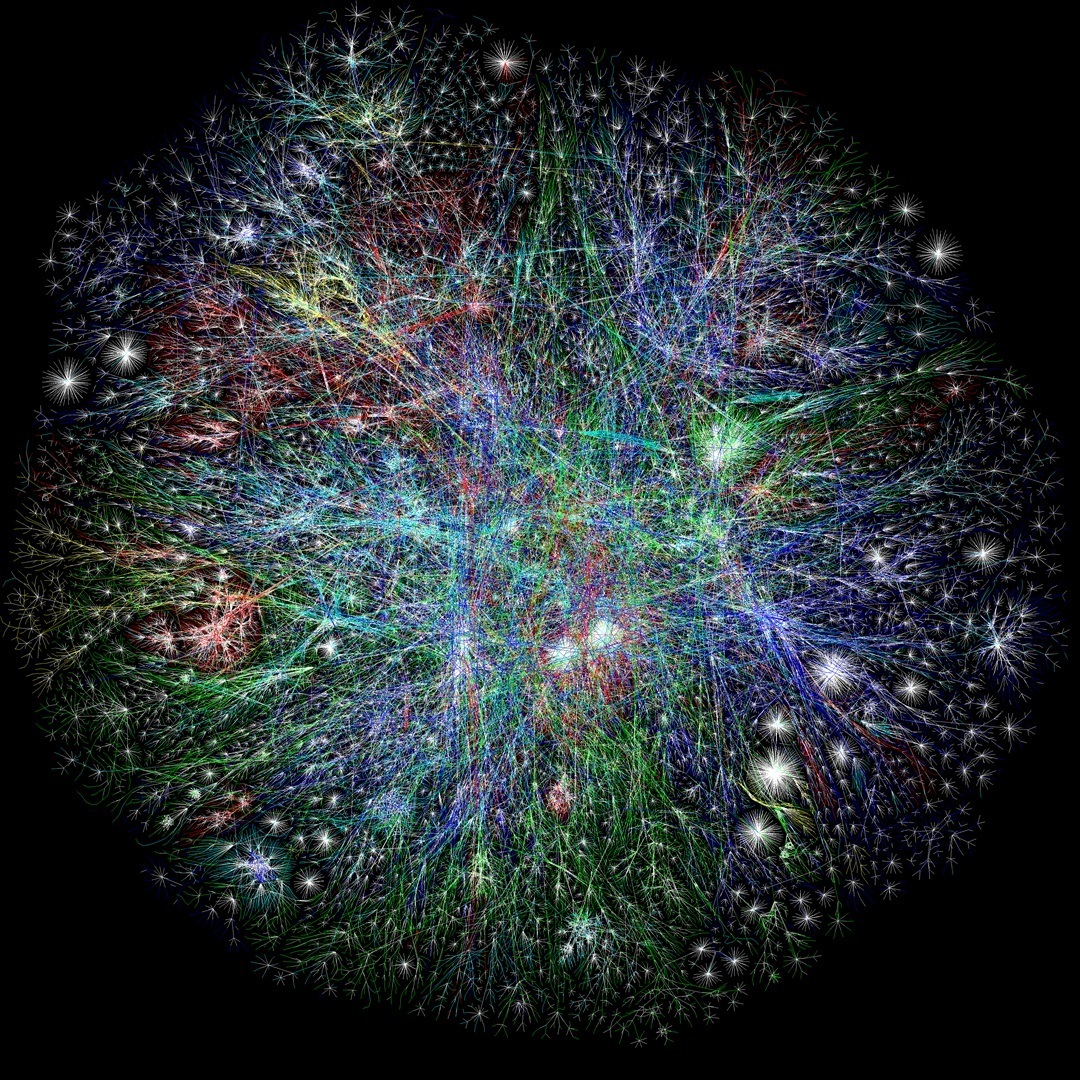The highlight in this week’s Q&A symposium for me was the debate about whether we need to learn coding to become network literate. As I have mentioned before, it is a choice of words which in turn makes us develop different opinions on the matter. Of course we don’t need to be experts in coding, its not like everyone will get a job or make a living out of it, nor will it harm them to just rely on what is made available to them so far. However, suppose you are aware that there are things about the network/internet, or ways to do things that may benefit you, would you choose to not know? This knowledge may become handy at some point in the future, or it may just add to our experience of the thing itself, to help us make sense of it. In any case, it is only logical to choose to know more – this is a logical preference not a necessity, not knowing should only be applicable when you don’t have choice. When there is choice and one chooses not to know – that is an excuse. History provides a good enough example that the general knowledge of the average person will only continue to grow. Ignorance may be bliss, but that only remains as long as one is also ignorant of their powerlessness. Knowledge will continue to grow and expand, becoming more accessible to the average person. Despite what I just said about ‘choice’, it is kind of inevitable. 10 years from now, coding might be the basic first year component of this course instead of learning about networked media, which might be a secondary/primary school subject!
Which brings me to my second point…
Too bad we didn’t get to discuss the last question during the session. To generations from early 90’s and older, including myself, the idea that primary school kids and toddlers are growing up with the current technologies and networked devices must seem foreign and not such a healthy idea. Since the internet is already what it is and it all happened before the current generation of kids were born, they are already getting used to technology faster than they can learn to pick up a pen and write the alphabet on paper. Therefore, given their early exposure which allows them to know way more than we do in high school about networked literacies, it is fair to say that these subjects will be taught in earlier education. Kids are already taught through doing. Only generations like ours who adapted to such new technologies during our teenage years will probably need formulas or formal training to challenge the heavy conditioning we had growing up before social and networked media became significant.
